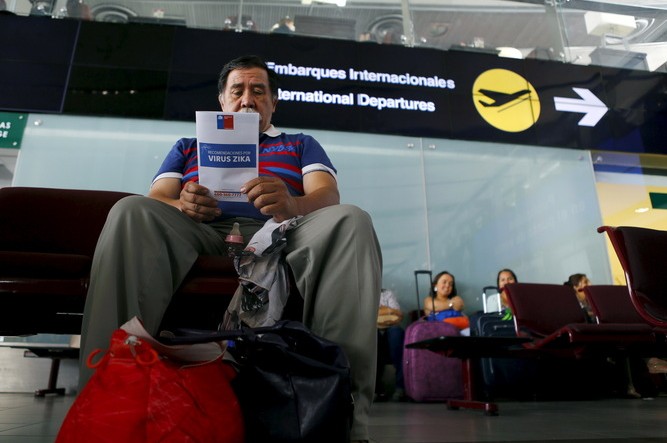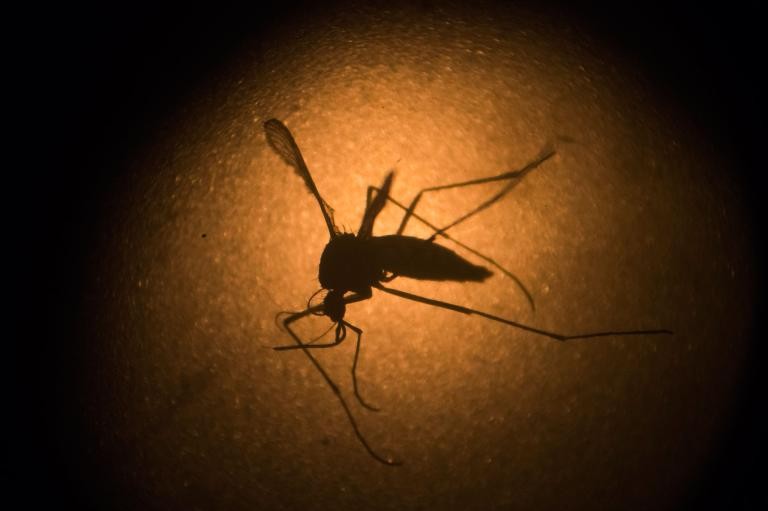

In the wake of reports of outbreaks in Latin America and the Caribbean, the World Health Organization now believes that the mosquitoes that spread the Zika virus, Aedes aegypti and Aedes albopictus—the same species that transmit dengue and chikungunya—will eventually make their way to all nations within the Western Hemisphere, excepting parts of Chile and Canada, where high elevation and colder climate may prevent the mosquitoes from breeding.
- What travelers need to know about the Zika virus and dengue
- Southeast Asia travel safety — Tips on how safe are adventure activities in Southeast Asia?
- Inside La Siesta Classic Ma May: The Hanoi Hotel Voted ‘Best Hotels in The World’ by TripAdvisor
- 12+ best things to know before going to Japan
- 10 best airports in Asia in 2016 [RANKED]
To be clear, this isn’t to say that cases of Zika won’t be reported elsewhere; the first sexually transmitted case was reported in Dallas, Texas, in early February. The CDC confirmed test results showing the virus present in the blood of a “nontraveler in the continental United States.”
The sexual transmission is unlikely the first of its kind, nor is it likely to be the last. There is also evidence that the Zika virus can be transmitted through blood transfusion.

Here’s How Travelers Can Protect Themselves Against the Zika Virus
- Consult the CDC website for up-to-date information about Zika before making plans to travel.
- If you are pregnant or hoping to become pregnant in the near future, avoid traveling to areas where the virus is actively circulating.
- Use condoms when engaged in sexual intercourse of any kind.
- If you decide to travel to affected areas, pack an ample supply of mosquito repellant (varieties containing a chemical known as DEET (40 percent or higher) are most effective, though Consumer Reports recently issued recommendations for top products that include milder, plant-based ingredients), pants, long-sleeved shirts, and mosquito netting.
- If you are also using sunscreen, apply sunscreen before applying insect repellent.
- Treat clothing and gear with permethrin (or buy items pre-treated with permethrin).
- While staying in an affected area, make sure windows and window screens are fully closed when you sleep or protect yourself with mosquito netting.
- Make sure to take anti-mosquito-bite precautions around the clock. The mosquitoes that transmit Zika are hard to avoid because they bite during the day, opposed to only in the evening.

Frequently Asked Questions (And Their Answers)
Q: If I am bitten by an Aedes species mosquito carrying the Zika virus, what’s the chance that I will become sick?
A: According to the CDC, approximately one in five people infected with Zika will contract the disease.
Q: What is the disease like?
A: For those who become sick, the illness is typically mild, with symptoms that include fever, rash, joint pain, and red eyes. It can, however, be fatal. Colombia recently reported Zika-related deaths.
Q: What happens once a person has been infected?
A: He or she is likely to be immune from future infections.
Q: Is there a vaccine to prevent Zika?
A: Not currently, though the medical community is actively pursuing methods to combat or eradicate the disease. Health experts warn that the development of an effective vaccine may take years.
Leslie Trew Magraw is an editor at National Geographic. Connect with her on Twitter and Instagram @leslietrew.
































![10 best airports in Asia in 2016 [RANKED] kuala-lumpur-international-airport-best airports in asia in 2016 by skytrax ratings](https://livingnomads.com/wp-content/uploads/2016/08/29/kuala-lumpur-international-airport-best-airports-in-asia-in-2016-by-skytrax-ratings-218x150.jpg)

















